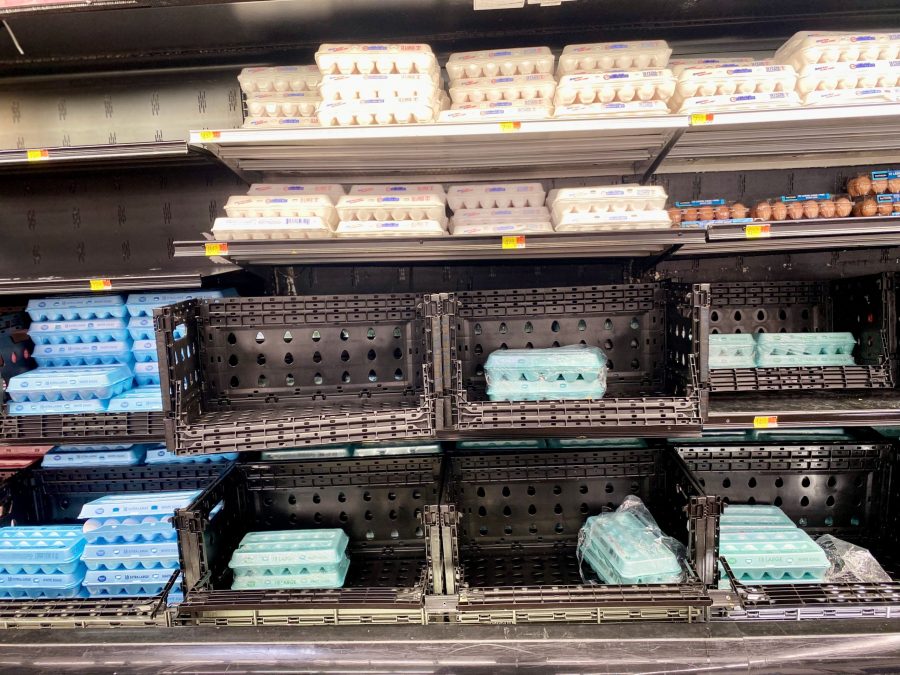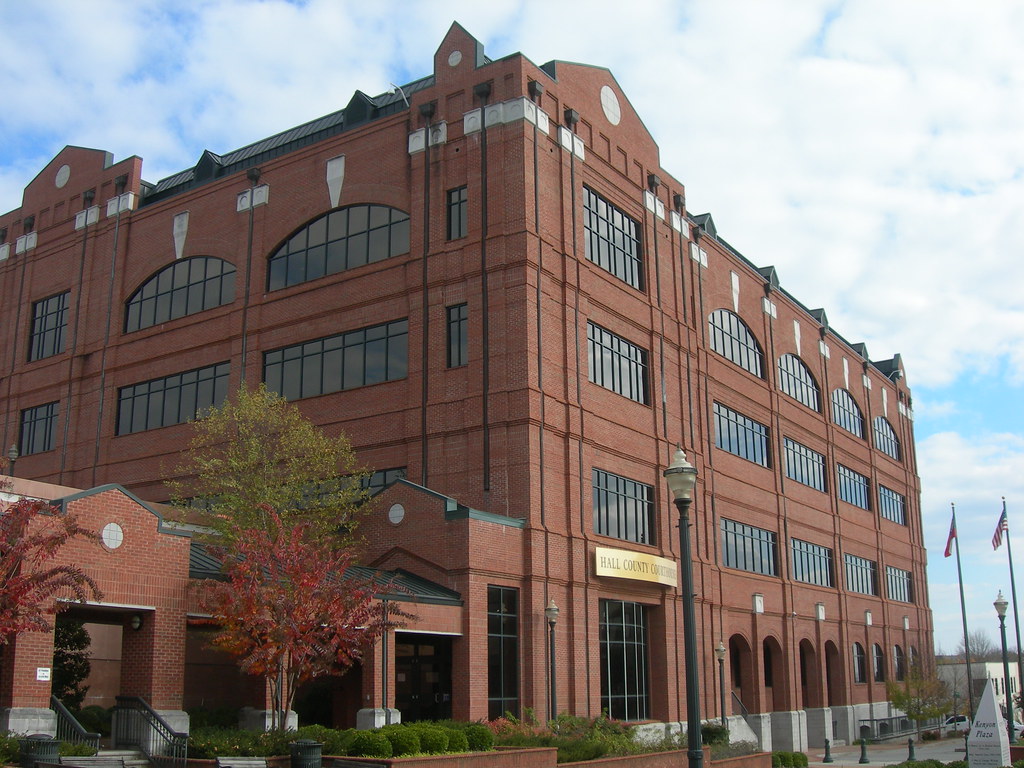The recent spike in egg prices has ruffled a lot of feathers. Now, small-scale farmers and homesteaders across the country, who own laying hens to feed their families, are reporting an unusual lull in egg production.
Some have suggested that these two coinciding events are no coincidence- and with that, a new conspiracy was born.
2022 saw a devastating outbreak of bird flu. It spread quickly in many of the large-scale egg production flocks, but has affected many small-scale flocks too. By the end of December, U.S. egg inventories had decreased by 29% compared to the beginning of the year according to the United States Department of Agriculture.

As of this month, nearly 60 million poultry deaths have been attributed to the recent outbreak.
The relationship between supply and demand is predictable. With a massive decrease in supply and no change in demand, prices are being driven up. When you also consider recent inflation, egg prices are even higher than they might have been in a different economic climate.
Another side effect of recent inflation is consumers readiness to blame corporate greed for their increased costs at the register and tightening budgets.
A growing number of Americans have turned to small-scale or subsistence farming in the last five to ten years. Many have found this to be a safe, legal way to feed their family, expand their budgets and escape from fluctuating market prices.
For many, raising chickens – specifically laying hens – has become foundational to their household eating habits, as well as their budgets. This has made the recent reports of egg shortages on the home front feel all the more ominous and personal.
Farmers worry that leading feed producers have conspired with one or more of the top egg producers on the market. They are blaming the corporations who produce the chicken feed sold at Tractor Supply. Specifically, Purina is being accused of outsourcing its protein sources to cut costs at the expense of chickens’ health. Despite the rumors, no proof of guilt has been presented by any of the complainants.
The idea behind this conspiracy is that the corporations want to stop small-scale egg production flocks from out-competing the grocery store prices. This forces farmers to buy eggs in the store themselves, rather than producing their own.

Despite reports of changes to the smell and quality of feed, the balance of nutrients required has not changed. Those who have been able to restart egg production in their hens by switching to table scraps have unintentionally jumpstarted their hens’ metabolism causing an increase in egg production.
According to seasoned poultry farmers, there may be a logical explanation for the controversial situation. Katie Martin, an employee at Cherokee Feed and Seed in Gainesville said, “It’s common – if not expected – [for chickens to lay fewer eggs] in severe cold and heat.” She’s faced so many questions regarding this conspiracy in recent months that she had an article on hand printed off for people coming around to ask about the rumors.
The article explained that the entire country was plunged into extreme cold during the month of December. It goes on to say that the cold snap came on the haunches of hens’ molting season, wherein they typically don’t lay as many or any eggs. This caused an extended decrease in egg laying that sparked panic due to the coinciding increased market price of eggs. As the age-old expression from Karl Pearson goes, “causation does not imply correlation.”






























